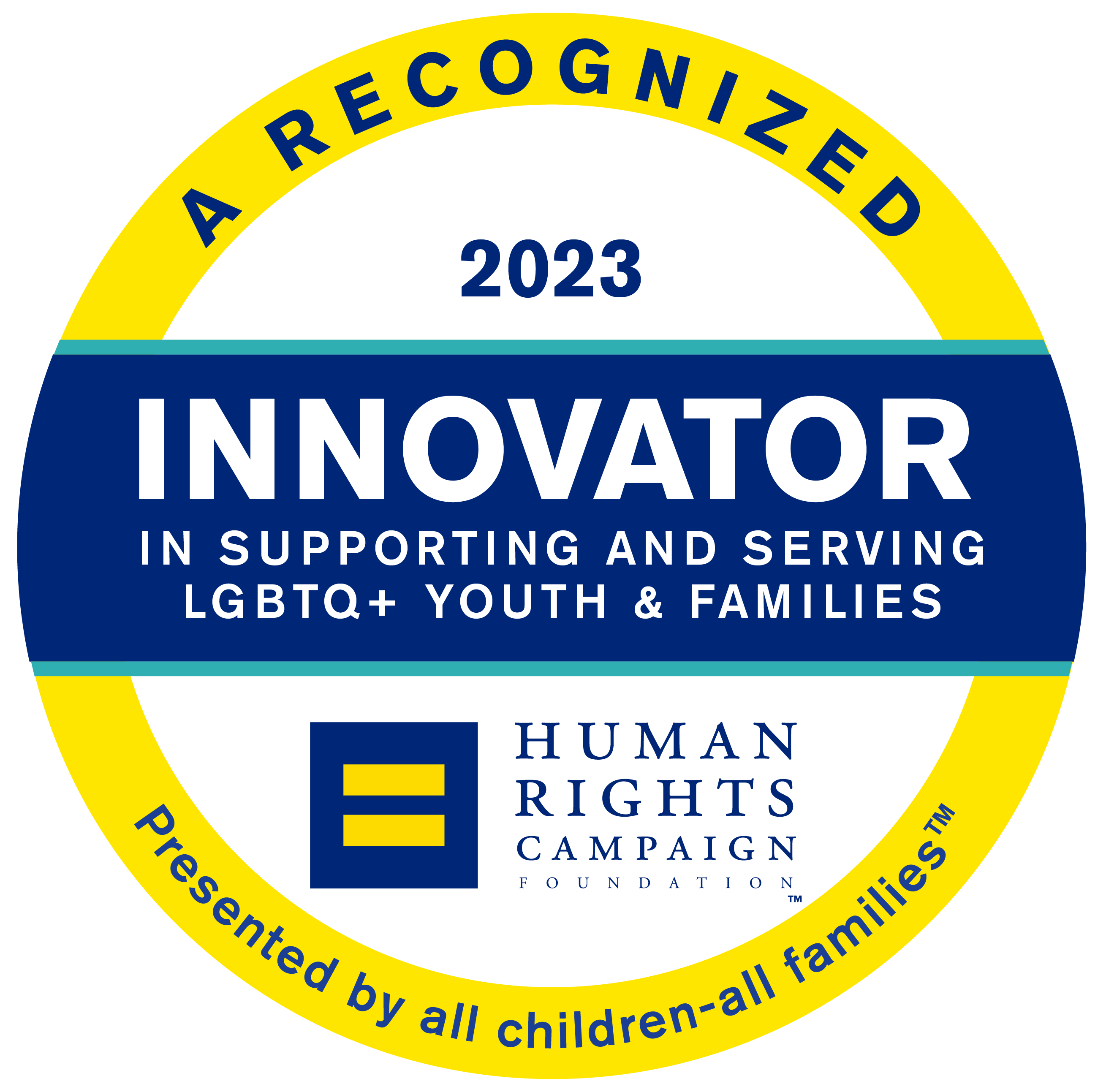Racelighting
— BRAVE CONVERSATIONS SERIES —
A Deliberate Approach to Diversity, Equity, and Inclusion
Lawrence Hall’s DEI Committee strives to ensure Lawrence Hall is a diverse, equitable environment of belonging and inclusivity. Having “brave conversations” about diversity, equity, and inclusion (DEI) in the workplace is a necessity for healthy company culture and requires honesty, compassion, and self-reflection of all involved. Our Brave Conversations Series highlights topics not normally discussed but that have deep, personal impacts on our staff, youth, families, and communities.
February is Black History Month and presents an opportunity to have brave conversations about the Black experience. Our next conversation is around racelighting, or racial gaslighting.
What is gaslighting?
Gaslighting is defined as manipulating someone into thinking they’re wrong even when they’re right. The term gaslighting has its origin based in domestic abuse and originated in a film from the 1940s. Use of the word has increased in usage over the past few years, thanks to social media and public consumption of political tactics. But what is it when this tactic is used in terms of race?
So, racelighting?
Gaslighting can be as simple as telling you that you were the one who started an argument—when in reality it was the other person—or saying that you are being “hysterical” or “overreacting,” even when your response is reasonable.
A classic example of racial gaslighting is where a person of color describes a racist interaction, only to have it immediately questioned:
- “Are you sure that’s what it was about?”
- “Was it really about skin color though?”
- “I don’t think that was racist.”
These responses undermine the lived experience of racism that the person of color has just described. The purpose of these questions is to make the person who has experienced racism second-guess what they remember and how they interpreted the event.
Some other dismissive statements you might hear include:
- “Ugh. I am so sick of talking about slavery.”
- “When will they stop playing the race card?”
- “Don’t they know that racism is dead?”
- “Why can’t I say ‘all lives matter’ or ‘white lives matter?’ This is proof that #BlackLivesMatter is racist.”
- “If black lives matter, why don’t you do something about black-on-black crime?”
Racial gaslighting frequently happens in the workplace, particularly in a workplace that is predominantly white. “For women of color, gaslighting takes the form of colleagues doubting or outright denying their negative experiences,” write researchers Michelle A. Rodrigues, Ruby Mendenhall, and Kathryn B. H. Clancy in a research paper on gaslighting of women of color who work as scientists.
Like many of the other side effects of systematic racism in the United States, racelighting has a psychological toll on those who experience it. To feel like your life and experiences are invalidated can cause anxiety, depression, and suicidal thoughts.
What can you do?
First and foremost, take a self-inventory. Do you use these gaslighting tactics to justify your actions or undermine someone who has pointed a racist thing you said or did?
From there, you can take these steps to improve yourself and stop racelighting:
- Admit fully to what you have done: Recognize choices you have made and accept both the responsibility and consequences of these actions (including not feeling sorry for yourself about the consequences and not blaming others)
- Identify the attitudes that drive your behaviors: Are there patterns of controlling behavior? Are your surroundings in real life and online contributing to these attitudes?
- Do not demand credit for improvements you’ve made nor treat improvements as vouchers to be spent on occasional acts of racism (ex. “I haven’t done anything like this in a long time, so it’s not a big deal.”)
- Accept that change is a process: You will not be “cured” overnight of thoughts and attitudes that are likely ingrained from decades of repetition. Evaluate how you respond to accusations of racism lauded against you, and treat them as opportunities to learn.
- Make amends: Develop respectful, kind, and supportive behaviors, and apologize.
FURTHER READING
How racial gaslighting invalidates my experience as a Black woman
MOVIES
Kindred (2020) directed by Joe Marcantonio
If Beale Street Could Talk (2018) directed by Barry Jenkins
13th (2016) directed by Ava DuVernay
When They See Us (2019) directed by Ava DuVernay
BOOKS
Millennial Black
Sophie Williams
Nice White Ladies: The Truth about White Supremacy, Our Role in It, and How We Can Help Dismantle It
Jessie Daniels
Gaslighting America : Why We Love It When Trump Lies to Us
Amanda Carpenter
This Is Why I Resist: Don’t Define My Black Identity
Dr. Shola Mos-Shogbamimu
Racism: A Culture of Intolerance Developing Cynical Mindset
Sam Davariem
MUSIC
“I Believe” | Blessed Union of Souls
“DNA” | Kendrick Lamar
“Charcoal Baby” | Blood Orange
“Without You” | Anderson.Paak
“Lightning” | Orion Sun
“Blue Lights” | Jorja Smith
PODCASTS
Search
Categories
- Blog (15)
- Grants and Awards (5)
- News (75)
Lawrence Hall is a 501(c)(3) organization. Gifts are deductible to the full extent allowable under IRS regulations.
©2025 Lawrence Hall All rights reserved. Site Construction by WorkSite









